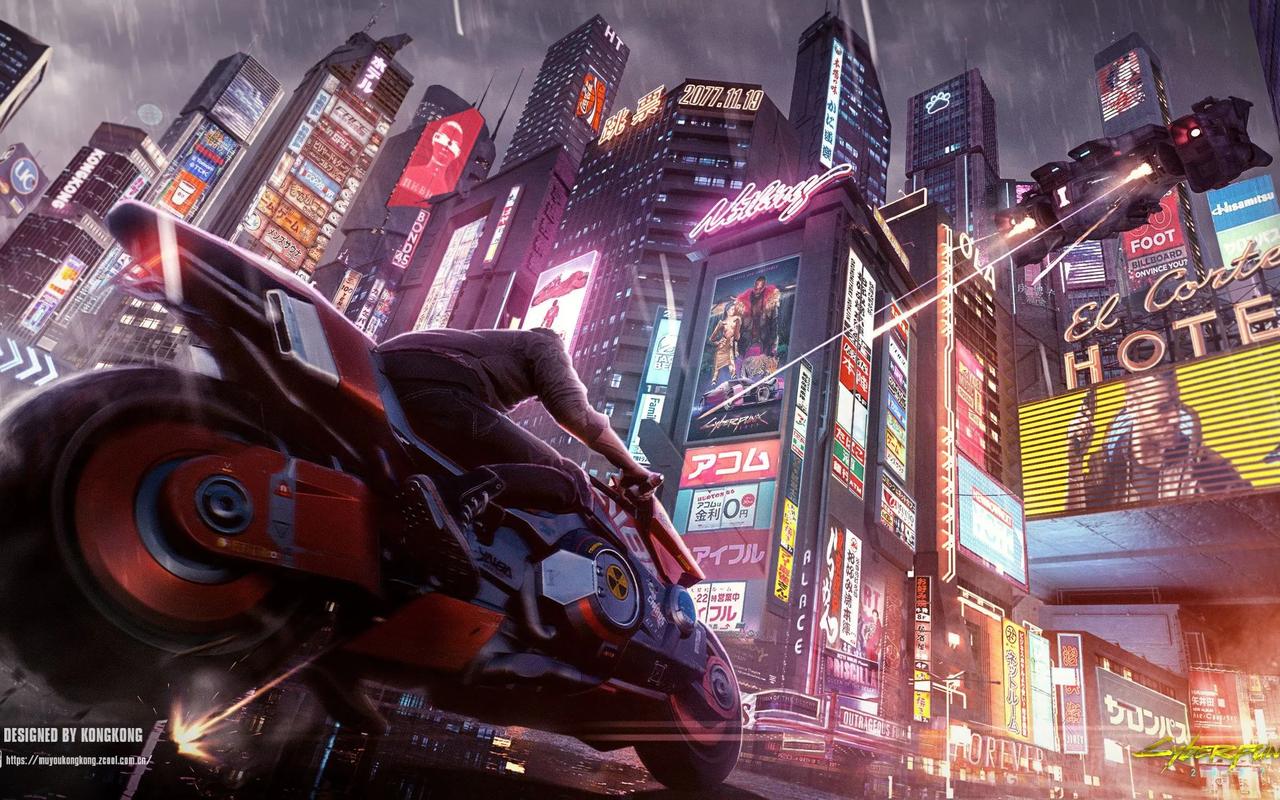Alan Wake II Score: The Haunting Resonance of Survival Horror's Return
The original Alan Wake was an anomaly in its time—a tense, narrative-driven thriller that leaned into psychological horror with the finesse of a Stephen King novel. Its soundtrack, punctuated by the haunting strains of Poets of the Fall’s "Late Goodbye" and the eerie ambience of Petri Alanko’s score, was integral to its identity. Thirteen years later, Alan Wake II emerges not as a mere sequel but as a full-throated embrace of survival horror. And its score—crafted by returning composer Petri Alanko alongside newcomers including the band Old Gods of Asgard—does more than accompany the action. It becomes the darkness itself, a character in its own right that guides, misleads, and terrifies.
From the opening moments, the audio landscape signals a tonal shift. Where the first game often relied on cinematic tension and rock-ballad catharsis, Alan Wake II plunges the player into a sonic abyss. Alanko’s work here is less about melody and more about texture. Layers of dissonant strings, distorted whispers, and pulsing electronic waves create a constant, low-grade hum of anxiety. This is the sound of a mind unraveling, and it perfectly mirrors the game’s dual protagonists: Alan, trapped in the nightmare dimension of the Dark Place, and Saga Anderson, an FBI agent investigating a string of murders in the cursed town of Bright Falls.
The score operates on two distinct yet interconnected planes, much like the game’s reality-bending narrative. For Saga’s sections in the Pacific Northwest, the music taps into the naturalistic dread of classic folk horror. The sounds of the forest—creaking branches, howling wind, and distant animal calls—are subtly woven into the musical fabric. A lone, mournful cello melody might be interrupted by a sudden, jarring percussion hit, mimicking the ambush of a Taken enemy. This creates a pervasive sense of being watched, of something ancient and malevolent lurking just beyond the tree line. It’s a stark contrast to the more overtly psychological and surreal horror of Alan’s chapters.
Alan’s journey through the Dark Place is where the score truly transcends. This is a world built from his own fears and memories, a looping, shifting hellscape of new york city streets and ocean nightmares. Alanko employs a palette of glitchy electronic sounds, reversed audio samples, and atonal piano clusters to create a feeling of profound wrongness. The music is unstable, much like the environment. A seemingly safe room can be flooded with a cacophony of distorted voices and industrial noise, signaling the encroachment of the Dark Presence. There is no safety here, and the score ensures the player feels it in their bones.
A masterstroke in the audio design is the use of leitmotifs—recurring musical themes tied to characters, places, or ideas—but subverted for horror. The familiar, hopeful melody from the first game, associated with Alan’s wife Alice and the light, returns. But here, it is often slowed down, played on a broken music box, or corrupted with audio distortion. It’s a ghost of hope, a reminder of what was lost, making its twisted reappearance all the more devastating. This isn’t just nostalgia; it’s the weaponization of nostalgia, a core theme of the game itself.
Furthermore, Alan Wake II brilliantly integrates its music into the gameplay and world-building in a way few games dare. The chapter "We Sing" stands as one of the most audacious sequences in modern gaming, a full-blown musical horror show where Alan is guided through the Dark Place by a live-action performance by the fictional band Old Gods of Asgard (portrayed by Poets of the Fall). This segment is a glorious, terrifying meta-commentary on Alan’s story, with the lyrics directly narrating his plight. It shouldn’t work, but it does, precisely because the music has been established as a fundamental force within the universe. The songs are not just on the soundtrack; they are in the story, active agents of the narrative.
The licensed music, particularly the original songs written for the game by Old Gods of Asgard like "Dark Ocean Summoning" and "Herald of Darkness," function as modern-day incantations. They are rock anthems charged with narrative purpose, echoing the Norse mythology that underpins the game’s lore. These tracks provide moments of powerful, albeit unsettling, catharsis. They are loud, bold, and defiant, yet the horror seeps through in their lyrics and the circumstances of their performance.

Ultimately, the score of Alan Wake II is a triumph because it understands the essence of survival horror: vulnerability. It rarely empowers the player. Instead, it isolates them. Long stretches of exploration are underscored only by the oppressive ambience of the environment, making every minor chord swell or sudden sting of strings a heart-stopping event. The silence is just as important as the sound, and the composers wield both with expert precision.
In an era where horror game soundtracks often lean into generic orchestral jumpscares or minimalist drones, Alan Wake II offers a richly layered, intelligent, and deeply unsettling auditory experience. It is a score that doesn’t just want to scare you; it wants to get inside your head, to linger in your thoughts long after you’ve put the controller down. It is the sound of a nightmare you can’t wake up from, and the perfect accompaniment to Alan Wake’s long-awaited, terrifying return. It doesn’t just score the horror—it is the horror.














